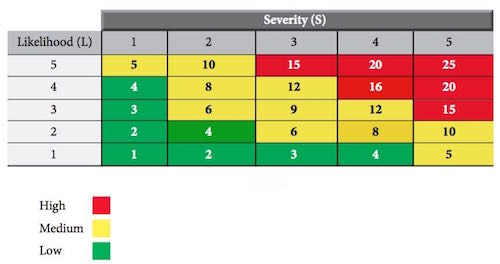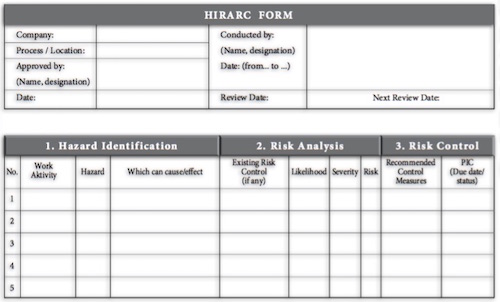Noise Hazards - In the past, most people are deaf because of a disability and the elderly whose quality is significantly reduced hearing due to aging. Now, many young people also suffer from the problem. In fact, did you know? when each is difficult to hear the conversation, it is also possible signs of a hearing problem which can become permanent sensory defect, namely deaf.
The noise level of a normal conversation is 70 decibels, the voice of which is raised is 76 to 82 decibels, while the screams of 88 decibels. Studies indicate that hearing safe level of exposure is only 85 decibels for eight hours in a day. Thus, exposure to noise levels in excess of 85dB (A) for a period of 8 hours requires hearing control measures.
Noise is a physical hazard that can lead to accidents due to hearing disruption. Exposure to noise levels that exceed the level it should be, and in a certain period can lead to permanent hearing loss. Such a hearing loss is called noise-induced hearing loss (NIHL) and now, many young people are faced with the problem.
The NIHL occurs when the sensitive structures in the inner ear that hair cells, small sensory cells that convert sound to signal to the brain damaged by long exposure noise and if it is damaged, the hair cells can not grow back.
They are exposed to noise for a long time will be faced with the problem of NIHL. Examples of the most commonly seen is the use of headphones with powerful sound continuously, especially when working on the computer in the office. In addition, factory workers and in airports that do not use ear protection devices are also at risk of hearing loss. A loud noise that will damage the nerves in the ear and if you do not take any action, it will become more severe until the hearing aids need to be used.
Effects of Noise Hazard Risk to Health and Safety
- Noise can interfere with communication between employees and resulted in errors and the next one in understanding follow the instructions given. As a result, accidents can happen.
- The noise can also cause permanent hearing loss if the noise dose exceeding the permissible limit.
Hazard Risk prevention methods against Noise
- Get training and follow safe work procedures involving hazards of noise exposure in the Hearing Conservation Program.
- Wear and maintain personal protective equipment or safety gear provided by the employer properly.












